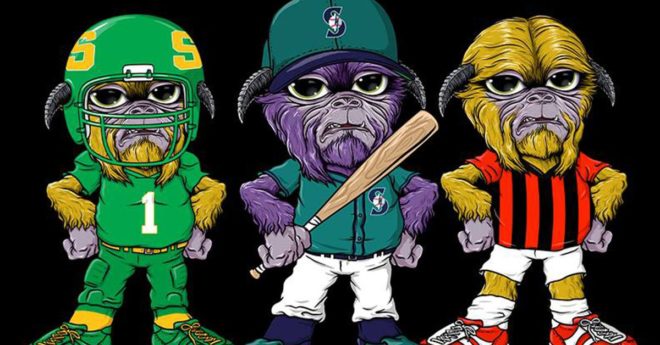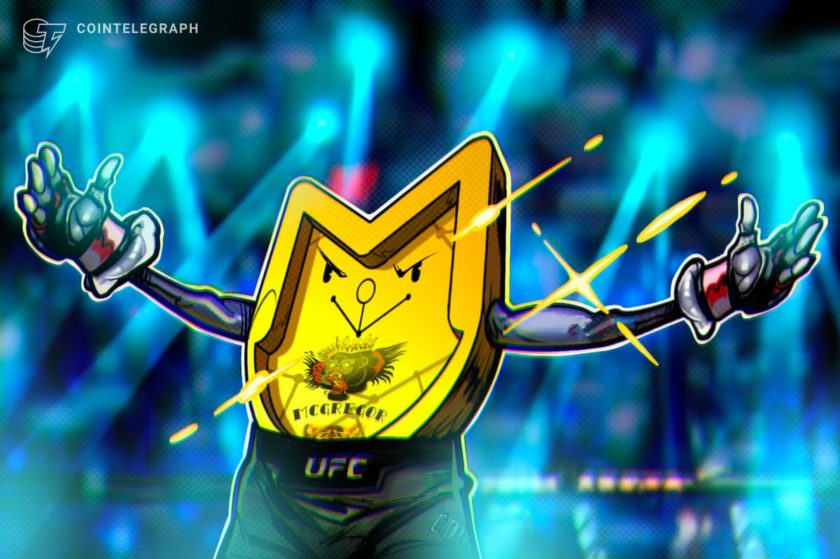NFTs enable royalty payments to be enforced automatically (although some poor technical choices have created loopholes). Perhaps more importantly, artists can in principle dictate a set of future terms of sale of their works. An artist can decide, for instance, that she does not want her NFT ever sold for more than, say, $1,000. Or she might decide she wants to exert a right like France’s droit d’auteur, which allows artists some degree of ongoing control over their works after they’re sold. In some cases, they can even destroy them.
NFTs Can and Will Be So Much More



